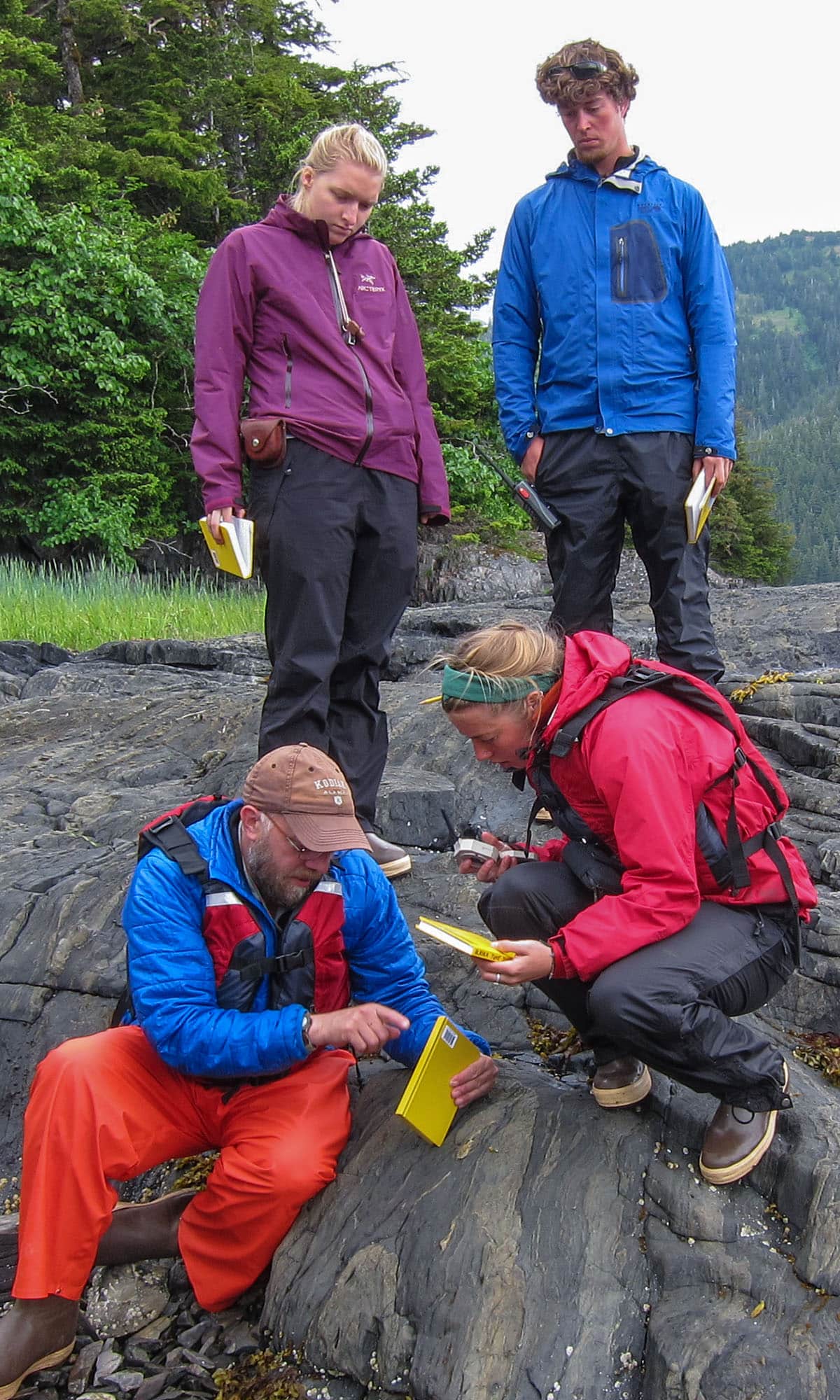Choosing a Mentor/Advisor
Student participants on Keck research experiences work closely with Project Directors and other students during the summer research project. Prior to and after the summer project, students also receive guidance and support from an on-campus mentor or advisor at their home institution. Depending on the nature of the project (e.g., Gateway or Advanced), the role of the on-campus advisor can take different forms. Furthermore, the on-campus advisor can be the same, or different from, the individual who prepares a recommendation in support of your application.
Below are some suggestions to consider when choosing an on-campus mentor or advisor.
Mentors for Gateway Students
The role of the mentor for a Gateway student is to provide guidance and advice during the application process, to help the student prepare to participate in the summer research experience and to help the student with preparations for attending a professional conference after the summer project. Much of the initial guidance during all stages of the Gateway project will come from the Project Director, but the on-campus mentor serves to provide additional local advice. The on-campus mentor might be the student’s academic advisor or another faculty member who is willing to serve as a mentor during the project. Ideally, the on-campus mentor should be someone with some background in earth science, or at least in the sciences. In selecting an on-campus mentor, the student should consult with the potential mentor to determine if they are willing to serve as a resource and provide guidance during the application, pre-project, and post-project phases of the research experience.
Advisors for Advanced Students
The on-campus advisor is a faculty member who will serve as the research advisor for the advanced student. In addition to having the role of a mentor throughout the project (as described above for Gateway Students), the on-campus advisor has the additional responsibility of directly supervising (together with the Project Director) the advanced student’s research throughout the academic year following the summer project. For this reason, it is most ideal if the on-campus advisor has some background and interest in the sub-discipline that will be the focus of the student’s research. It can also be helpful if the on-campus advisor has some knowledge of the instrumentation, data, and methods that will be utilized in the research. For these reasons, advanced students may need to identify different on-campus advisors for each of their three ranked project choices if each of these has different sub-disciplinary foci or methods.

